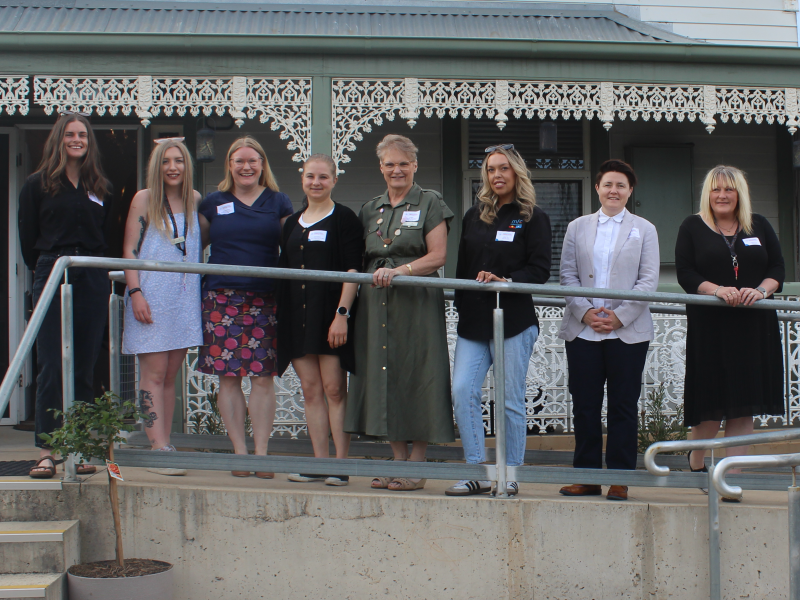Mind Australia has created a comprehensive training program to help upskill the family and carer peer workforce in Victoria.
This workforce initiative became necessary when Mind and its partner organisations encountered staffing challenges while establishing two of Victoria’s Mental Health and Wellbeing Connect Centres.
The centres offer support for families, carers, kin and supporters of people experiencing mental health and/or substance use challenges. They were a key recommendation of the Royal Commission into Victoria’s Mental Health System.
Staff who have lived or living experience of supporting someone with mental health and/or substance use challenges are an essential feature of the Royal Commission’s model.
While an exciting and positive development, this requirement has posed staffing challenges, especially in regional and rural areas, says Mind Senior Manager Lived Experience Design and Development Dr Carolynne White.
“Recruiting a trained family and carer lived experience workforce presented a number of challenges as the workforce is not well established in community-based settings, especially in regional and rural areas,” Dr White said.
“We also found people in regional and rural areas don’t always identify as carers, they may not want to be publicly identified as a carer, or their active caring responsibilities were a barrier to entering the workforce.
“Due to geographic barriers to accessing training and professional development opportunities, Mind designed a program to support staff to turn their lived experience into expertise and deliver safe and quality support to families and carers.”
The difference between lived experience and expertise is people with lived expertise are trained to use their collective knowledge, insights, understanding and wisdom gathered through their lived experience.
Mind’s training and development program for family and carer peer practitioners, which is informed by the National Lived Experience Workforce Guidelines, is supporting staff to turn their experience into expertise.
The training includes foundational training in social connection, relational recovery [the different experiences and support needs of families and carers as holders of distress], and Intentional Peer Support, which includes carer perspective supervision and co-reflection.
Mind Family and Carer Peer Practitioner Dianna James says the training has helped her understand how to provide support, while also protecting and looking after herself.
“This training has provided us with practical supports including strategies on how to sit with carers and to walk along side with them on their journeys. All the while being mindful of our own stories and where we sit in the equation,” Ms James said.
“We have been able to share experiences and collaborate in a way that best works towards the carer’s individual needs.”
So far, Mind’s family and carer training and development program has successfully trained 17 family and carer peer practitioners who are now working at Mind’s Mental Health and Wellbeing Connect Centres in Bendigo, Ballarat and Mildura.
“Our training package has also been shared with Connect Coordination Victoria to support the broader workforce across all eight Mental Health and Wellbeing Connect Centres throughout Victoria,” Dr White said.
“We are also working with Mind’s Research and Evaluation team to perform a thorough evaluation of the impact of our training and development program, so we can fully understand family and carer lived experience practice and contribute to the broader evidence base.
“Ensuring that the emerging family and carer lived experience workforce is well-trained and appropriately supported is essential for offering safe and quality supports to families and carers in regional and rural areas.”
Dr White shared insights from the development of Mind’s family and carer training and development program at the national TheMHS Conference 2024 in collaboration with Mind Lived Experience Workforce Manager Daisy Gleeson, Mental Health and Wellbeing Connect Service Managers Jo Pallant and Rael Cartledge, Mind Research and Evaluation Manager Dr Laura Hayes, and Metro South Health Senior Research Fellow Dr Marianne Wyder.
Mind is proud to partner with Mallee Family Care to deliver the Loddon Mallee Mental Health and Wellbeing Connect, and Ballarat Community Health and Grampians Community Health to deliver the Grampians Mental Health and Wellbeing Connect.
For more information about Mind’s range of services, visit the Mind Service finder or phone 1300 286 463.
